By Raymund Villanueva, KODAO Production
A Filipino renewable energy program won a prestigious international award for indigenous peoples given by a United Nations (UN) agency in Rome, Italy on Thursday, February 9.
Sibol ng Agham at Teknolohiya’s (SIBAT) Community Based Renewable Energy Systems (CBRES) program won the International Fund for Agricultural Development (IFAD)’s Best Performing Non-IFAD-Funded Project Award on the occasion of the agency’s 6th global meeting in the said city.
SIBAT is honored for bringing electricity to 1,684 indigenous households in the Cordillera region through community-managed hydroelectric power generation systems.
An indigenous livelihood protection project in Bolivia and an agro-forestry for children’s food security initiative in Cameroon were also honored by the UN special agency in its forum themed “Indigenous Peoples’ Climate Leadership: Community-based solutions to enhance resilience and biodiversity.”
IFAD said SIBAT’s CBRES project has brought clean energy to homes, schools, and health facilities across the mountainous region in northern Philippines as well as fostering rural businesses, like rice and corn mills that help build livelihoods and food security while being sustainable.
“The project is designed using the principles of free, prior and informed consent through which indigenous peoples participate fully and effectively in decision-making processes that affect them. It brings together communities to oversee and operate the power system and set tariffs collectively. Older community members and persons with disabilities oversee and guide the project according to customary laws,” IFAD said.
Present to receive the award is SIBAT technician Glendo Gayed, himself an indigenous person of the Banao tribe of Malibcong, Abra.
“I saw the difficulty of not having electricity in many areas. That is why I took the job as a technician at SIBAT: to help provide electricity in remote communities,” Gayed said.
He explained that through the project, indigenous peoples in the Cordilleras are adapting and building resilience to climate change, while conserving the watersheds, rivers and waterfalls of their ancestral domain.
“The thing I like most about SIBAT is that we don’t only provide electricity; we help the environment,” Gayed said.
SIBAT executive director Estrella Catarata, also in Rome for the forum and awarding ceremony, said there are 15 micro-hydro power systems in operation under their CBRES program that either operate 24/7 or eight to 12 hours daily in the minimum.
The systems also operate 15 rice mills, a corn mill and several sugar cane processing machines in most of the communities they assist.
Catarata said a key factor in their program’s success is their strong partnership with indigenous peoples communities and local people’s organizations.
Catarata added that their adherence to project principles such as ecological soundness and environmental sustainability, community ownership and collective management, social justice and environmental stewardship, scientific and innovative collaborations, viability and sustainability as well as gender and cultural sensitivity sustain the program.
“We thank the IFAD for this recognition as we continue to commit ourselves to contribute in the overall efforts at mitigating the impact of the global climate change crisis we are facing today,” Catarata said.

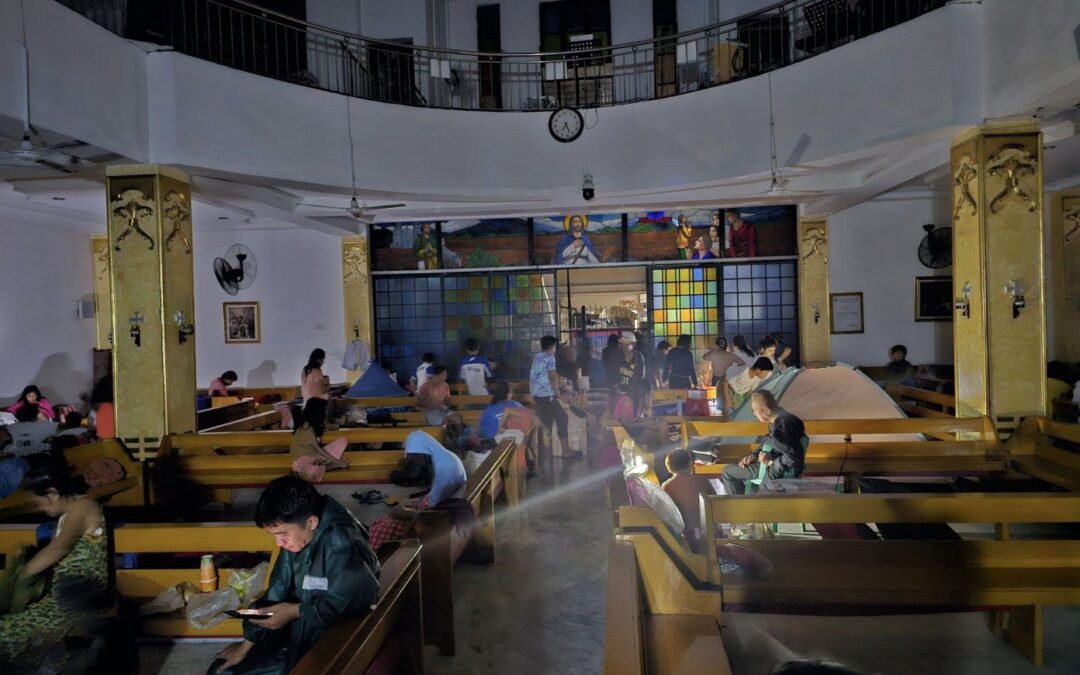
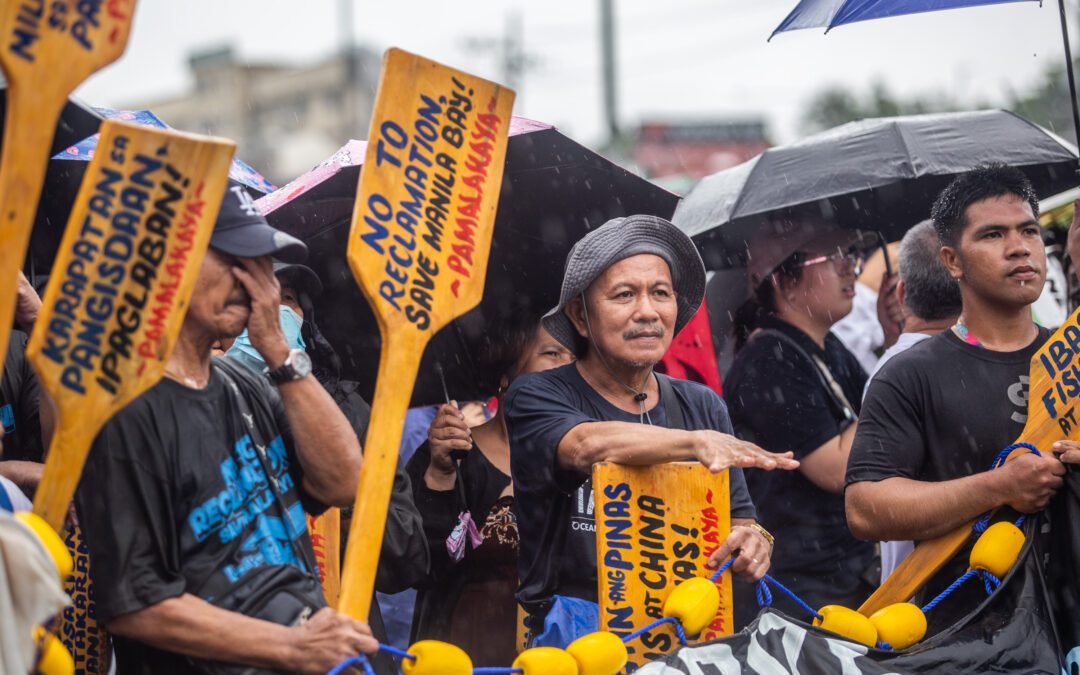
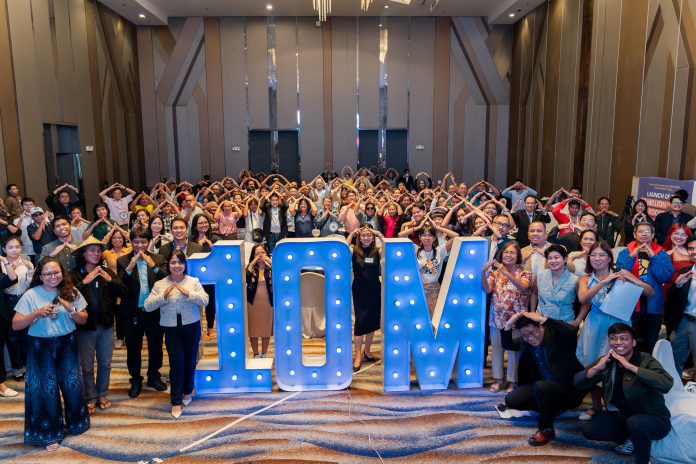
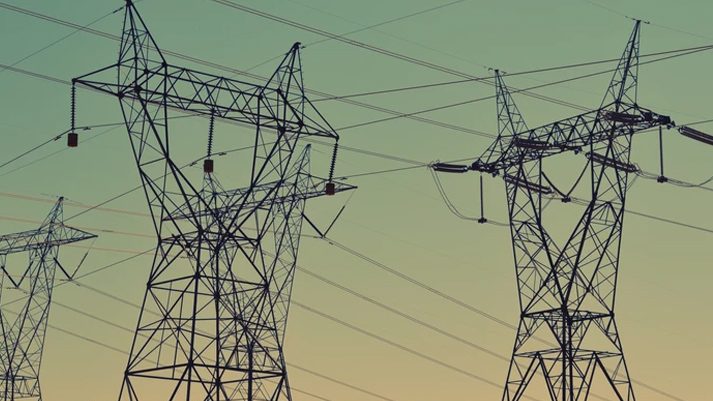
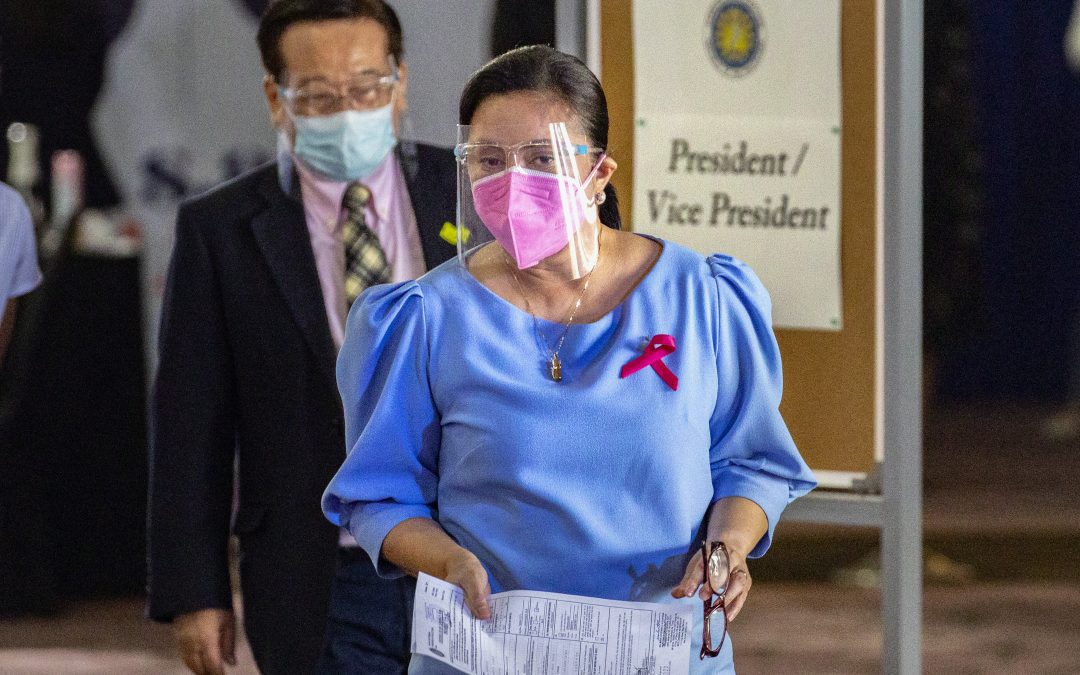
0 Comments